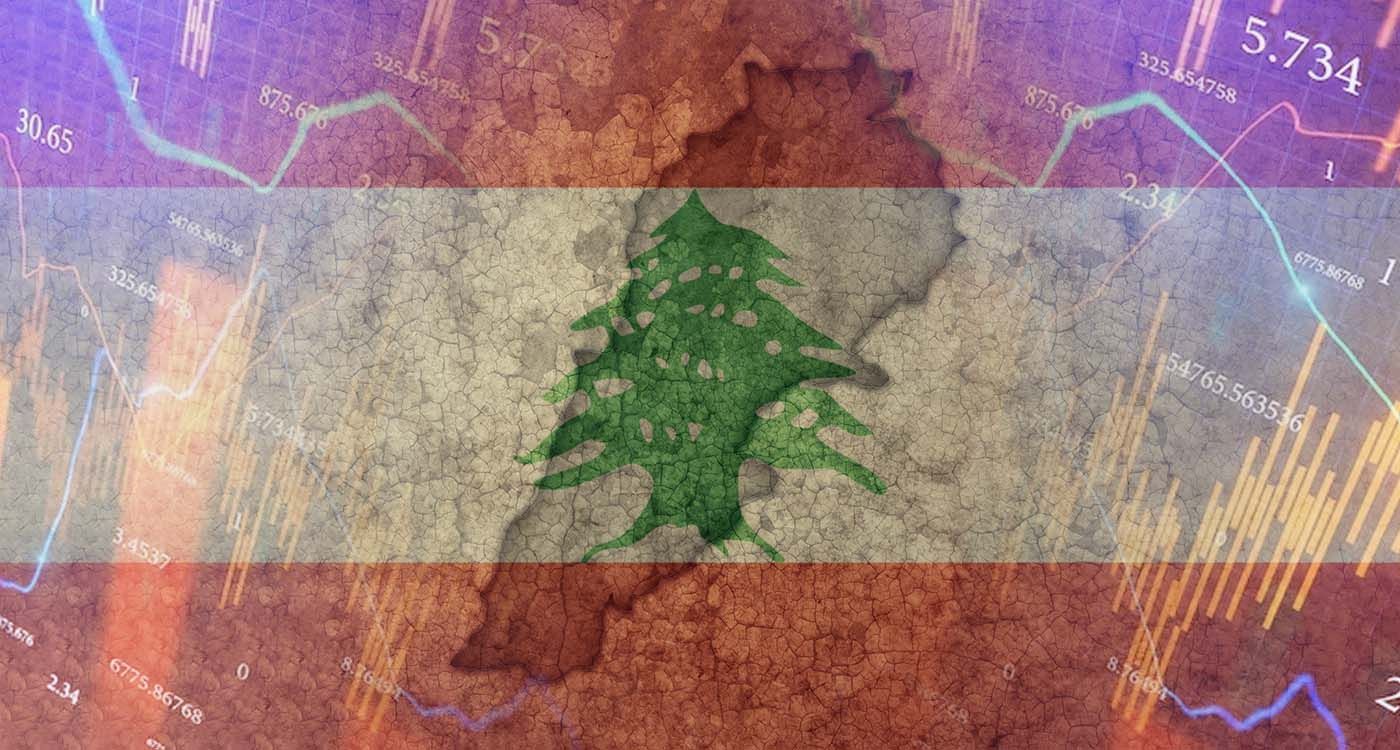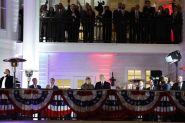
Lebanon, a country with undeniable economic potential, has been experiencing a period marked by conflicts and socio-economic crises for several years. Beyond the human and material losses resulting from these events, it is essential to reflect on the missed opportunities that could have transformed the country's landscape and repositioned it on the regional economic chessboard.
The ongoing war between Israel and Hezbollah has heavy repercussions on Lebanon, affecting both its political stability and economic development. Beyond the measurable losses, the missed opportunities that could have transformed the country’s landscape are significant. Unlike measurable losses, these missed chances represent opportunities for development, investment and growth that never materialized.
Thus, Lebanon, already struggling with a severe economic crisis, has lost essential investment and growth opportunities due to its unstable political and economic context. Unfortunately, the country has often missed out on such “opportunities” and continues to do so. This situation largely results from the deep lethargy that state institutions have been suffering from for many years, preventing the implementation of structural reforms and concrete measures to combat corruption. Added to this are the repercussions of recent political and economic crises.
Instability has indeed discouraged foreign investors, limiting the influx of capital that could have supported economic development. Similarly, Lebanon’s immense tourism potential has been hampered, with the war discouraging tourists, thus depriving the country of significant revenue and jobs. Lebanon could have become a major tourist destination.
Geopolitical tensions have also hindered cooperation initiatives between Lebanon and other countries in the region, stalling infrastructure projects and trade agreements. Moreover, the lack of security has delayed crucial projects, such as roads, ports and electricity supply, which could have boosted the economy. Lastly, although Lebanon has the potential to become a tech hub in the Middle East, instability has limited the establishment of startups and innovative companies.
10% Growth in Lost Opportunities
According to Byblos Bank's chief economist Nassib Ghobril, the intensification of bombings in Lebanon since last September has led to lost opportunities for the Lebanese economy. During the first nine months of 2023, economic activity was strong enough to anticipate a growth of 2% before October 8. Projections for 2024, based on this momentum, predicted growth of 3%. However, the war has created a negative shock to the economy and undermined the confidence of economic actors. Ghobril estimates that the lost opportunities in 2023 represent about 1% of growth.
At the beginning of 2024, there was no outlook, but Ghobril estimates that until the end of July, the Lebanese economy was headed toward a contraction of 1%. However, with the worsening of the situation from mid-September onwards, he now forecasts a contraction of 6 to 7% for 2024. Therefore, the lost opportunities for the Lebanese economy amount to around 10%, taking into account the difference between the 3% growth forecast for 2024 and this anticipated contraction. If we add the 1% of lost opportunities in 2023, we can conclude that, over the two years in question, the lost opportunities represent 11% of growth.
Ghobril also notes that it is still too early to make forecasts for 2025 due to a lack of data, the most important being related to the end of the war. These missed opportunities illustrate the challenges Lebanon faces and highlight the urgency of achieving lasting stability to realize its potential. Despite its wealth, Lebanon suffers from a lack of vision and stability, thus hindering its ability to position itself on the regional and international stage.




Comments